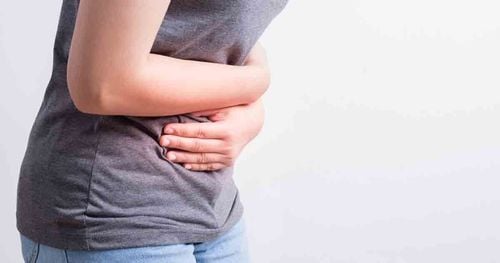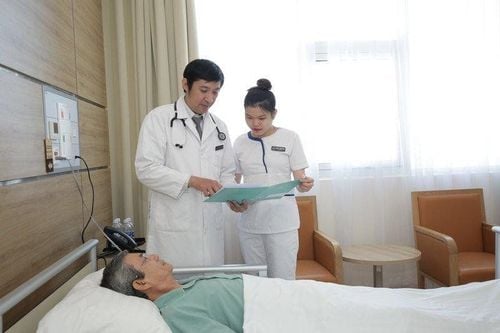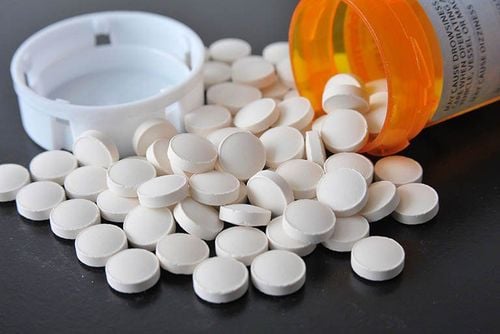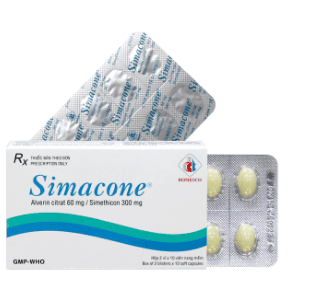This is an automatically translated article.
The article was professionally consulted by Specialist Doctor I Vo Thi Thuy Trang - Digestive Endoscopy Doctor - Department of Medical Examination & Internal Medicine - Vinmec Da Nang International HospitalBloating and bloating usually occurs when the stomach and intestines have an excess of gas, causing the abdomen to swell. Their signs are feeling nauseous or vomiting, heartburn, abdominal pain or possibly constipation. Symptoms will become more uncomfortable after we eat.
1. Warning signs and symptoms
Bloating is uncomfortable, but it usually happens for a short period of time. However, the cause of this nuisance can be lactose intolerance or it can also be a manifestation of a dangerous medical condition such as cancer. So how to determine the cause of bloating is benign or not and how to fix it is very important. Especially when you have persistent bloating and gas.Here are the signs of persistent bloating:
Weight loss is a sign of severe bloating. If you have unexplained weight loss accompanied by a feeling of fullness even after eating a little food, there is a possibility that you have a tumor in your body and the secretions from the tumor will affect your appetite. your. Ascites can also be the cause of persistent bloating and gas. It can also be due to liver diseases. Ascites will cause a large amount of fluid to accumulate, which can cause the abdomen to enlarge. If you have bloating and gas along with nausea and vomiting, it could be a sign of bowel obstruction because scar tissue or a tumor has pressed on the intestinal wall. These pains can be intense and come in separate episodes. Bloody bowel movements or vaginal bleeding may also be associated with persistent bloating. Fever along with indigestion may be caused by infection or inflammation. You should go to medical facilities to be tested to diagnose the cause of infection.
2. Causes of prolonged bloating and bloating.
Persistent bloating can come and go quickly depending on what's causing them. Usually, after about 3 to 5 hours, after the food you consume has not been digested, it will cause bloating. However, if bloating is persistent and occurs continuously, it may be due to a medical problem, not simply due to causes from lifestyle habits.
2.1 Caused by living habits Habit of consuming starchy foods or foods that cause indigestion. Indigestible foods are foods that are high in starch or high in fat. Habit of using stimulants such as alcohol, beer, tobacco, carbonated drinks. Unscientific eating habits. It can be the habit of eating while talking, eating while watching TV, eating quickly and not chewing well before swallowing. Meal times change frequently.

3. How to overcome prolonged bloating and abdominal distension
Maintain the habit of drinking 1.5 - 2 liters of water per day.

Please dial HOTLINE for more information or register for an appointment HERE. Download MyVinmec app to make appointments faster and to manage your bookings easily.
Reference source: soyte.hanoi.gov.vn














